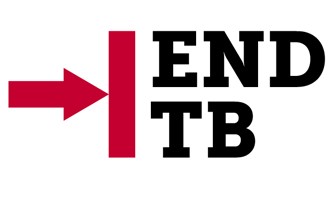Speeches Shim

Tuberculosis (TB) is a major public health problem in Malawi. Provisional results from the national TB prevalence survey completed in 2014 showed a higher TB prevalence of 1014/100,000 compared to the previous estimated prevalence of 373/100,000 by the World Health Organization (WHO).
In 2014, a total of 17,723 new and relapse TB cases were identified, a decline from 19,539 reported in 2013. Treatment success rate for smear positive cases for evaluated 2013 cohort was at 86 percent. Multidrug Resistant TB (MDR-TB) is an emerging issue in Malawi. MDR-TB prevalence is 0.4 percent among new and 4.8 percent among previously treated TB patient populations respectively.
HIV remains the most important risk factor for developing active TB disease in Malawi: 52 percent of people with TB are also infected with HIV. Ninety five percent of registered TB patients know their HIV status and 92 percent of those infected are on antiretroviral therapy during the period of their TB treatment.
USAID shares the National Tuberculosis Control Program’s (NTCP) vision of a tuberculosis-free Malawi and works to reduce the morbidity, mortality, and transmission of TB until the disease is no longer a public health problem. USAID is the largest funding partner in TB control besides the Global Fund. USAID is providing technical support to the NTCP to find the missing TB cases and to implement their Global Fund grants to ensure they remain on track.
IN FY 2015, USAID:
- Established 46 new TB treatment initiation and registration sites nationally, bringing the total number of TB registration sites established with USAID funding to 177 of the 277 registration sites in the country. This supports the NTCP’s drive to decentralize TB services.
- Procured four additional GeneXpert machines, bringing the total number of Xpert machines procured by USAID to 15, and the total number of Xpert machines in the country to 50. USAID is also providing test cartridges and maintaining these machines.
- Procured and installed 35 LED microscopes. Fifty-five lab technicians were trained on the use of the microscopes.
- Supported the NTCP to develop a new strategic plan which was necessitated by the preliminary findings from the national TB prevalence survey.
- Provided technical assistance in drafting protocol for the second ever drug resistance survey in Malawi scheduled for FY 2016/17.
- Supported and continues to support two full-time technical advisors at NTCP to support Global Fund Grants implementation and MDR-TB programming and supply chain management.

Comment
Make a general inquiry or suggest an improvement.